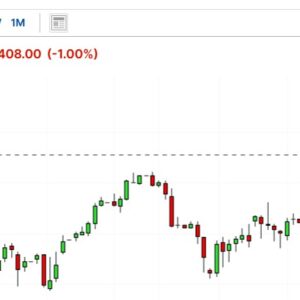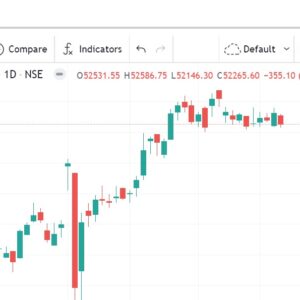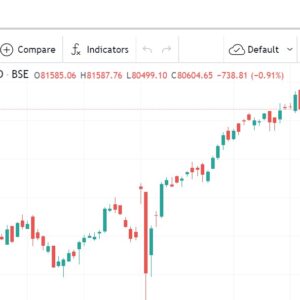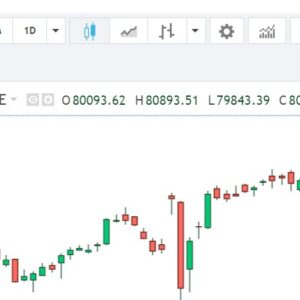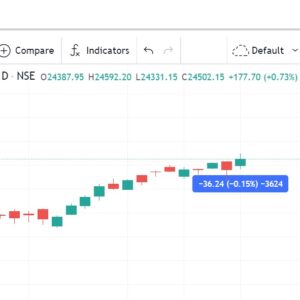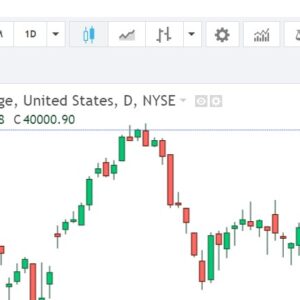Tesla Stock Analysis: Fundamental and Technical Overview on February 15th
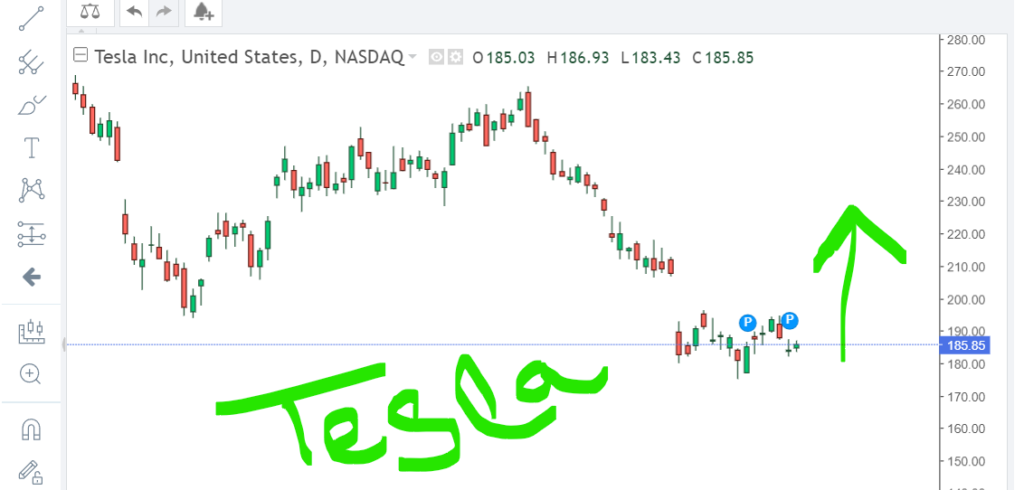
On February 15th, Tesla (NASDAQ: TSLA) stock underwent comprehensive scrutiny, with investors closely examining both its fundamental and technical aspects. This analysis provides a detailed overview of Tesla’s performance, incorporating insights into its fundamental strengths, recent developments, and technical indicators, while considering potential risks and opportunities for investors.
Fundamental Analysis:
Tesla’s fundamental strength lies in its position as a leading innovator in the electric vehicle (EV) industry. The company’s ambitious vision for sustainable transportation, coupled with its robust product lineup, including popular models like the Model S, Model 3, Model X, and Model Y, has propelled its growth trajectory. Tesla’s relentless focus on technological innovation, battery technology advancements, and autonomous driving capabilities has positioned it as a frontrunner in the race towards electrification.
Additionally, Tesla’s expansion into renewable energy solutions, including solar panels and energy storage systems through its SolarCity acquisition, further diversifies its revenue streams and enhances its long-term growth prospects. The company’s vertically integrated business model, encompassing manufacturing, sales, and service operations, provides it with a competitive edge and greater control over its supply chain.
Recent developments, such as the opening of new Gigafactories in various regions, including Shanghai, Berlin, and Austin, underscore Tesla’s commitment to expanding its global footprint and meeting growing demand for EVs. Moreover, Tesla’s entry into the lucrative market for electric vehicles in China, the world’s largest automotive market, presents significant growth opportunities and revenue upside.
Financially, Tesla has demonstrated impressive revenue growth and improved profitability in recent quarters, driven by strong vehicle deliveries, cost efficiencies, and regulatory credit sales. The company’s solid balance sheet, ample liquidity, and access to capital markets provide it with the financial flexibility to fund its ambitious expansion plans and research and development initiatives.
Technical Analysis:
From a technical perspective, Tesla’s stock price exhibited volatility on February 15th, influenced by broader market trends, sector rotation dynamics, and investor sentiment. Technical indicators such as moving averages, relative strength index (RSI), and Bollinger Bands offer valuable insights into the stock’s price trends and potential entry or exit points for investors.
The stock’s price action on February 15th may have been influenced by key support and resistance levels, with traders closely monitoring these levels for potential buy or sell signals. Additionally, volume analysis, chart patterns, and momentum oscillators can provide further confirmation of trend reversals or continuations, helping traders make informed trading decisions.
Conclusion:
In conclusion, Tesla’s stock on February 15th exhibited a mix of fundamental strength and technical volatility. While the company’s strong market position, innovative product portfolio, and promising growth prospects provide a solid foundation for long-term investors, short-term price movements may be subject to technical factors and market dynamics.
Investors should conduct thorough due diligence, considering both fundamental and technical aspects, before making investment decisions. While Tesla presents significant opportunities for growth and innovation in the EV industry and beyond, it also faces risks such as regulatory challenges, competition, and execution risks associated with its ambitious expansion plans.
Disclosure: This analysis is for informational purposes only and should not be construed as investment advice. Investors should consult with a qualified financial advisor before making any investment decisions.
